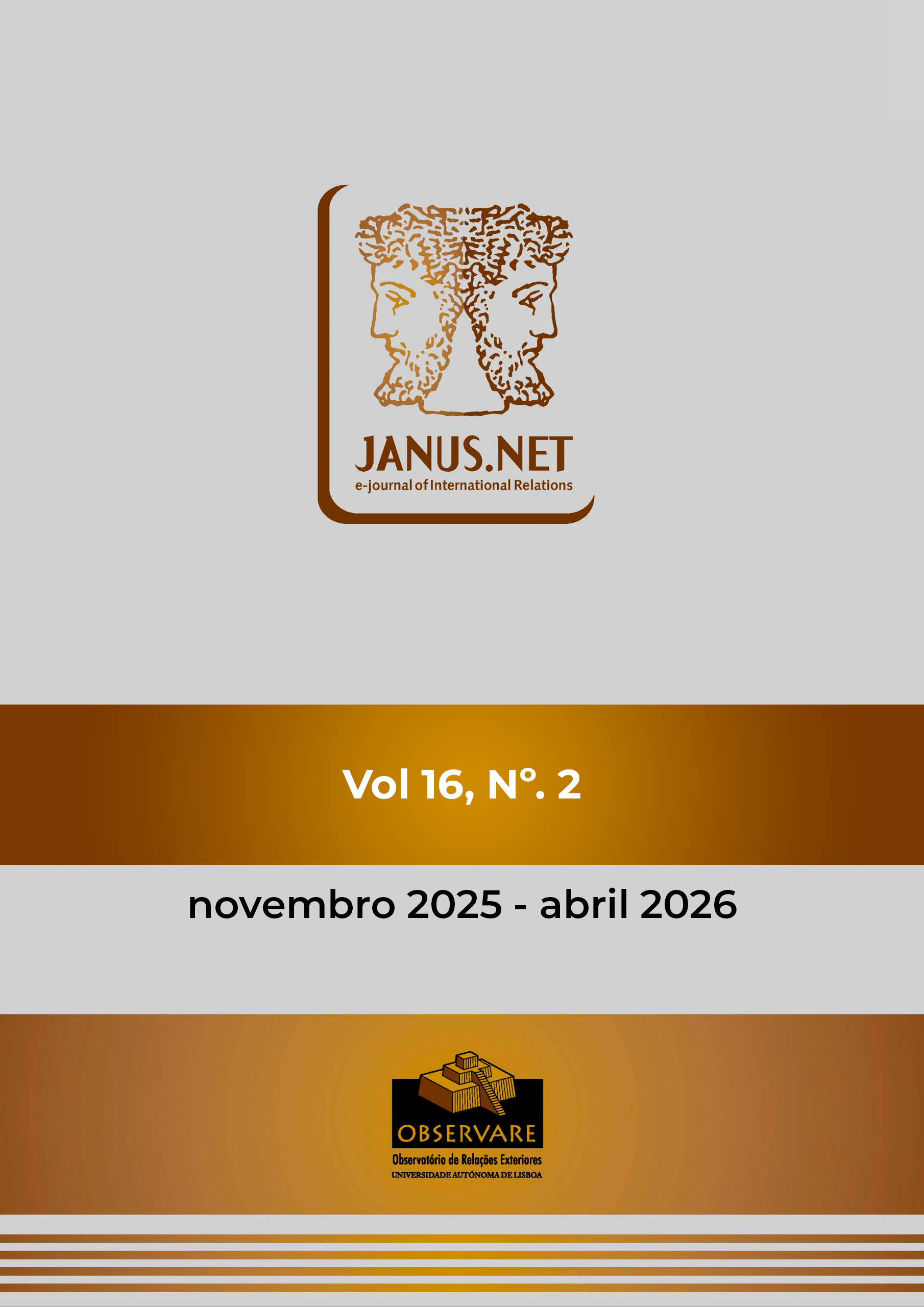MAPPING THE LANDSCAPE OF WORLD ORDER STUDIES: A BIBLIOMETRIC ANALYSIS
DOI:
https://doi.org/10.26619/1647-7251.16.2.1Keywords:
Bibliometric analysis, World Order, Co-citation analysis, International Relations, International OrderAbstract
The concept of "world order" is pivotal in understanding international relations and global dynamics. This bibliometric study maps the landscape of world order research, analyzing publication trends, intellectual structures, and future directions from 1990 to 2023. Using the Scopus database, 6762 relevant documents were identified and analyzed through keyword, co-authorship, co-citation, and bibliographic coupling analyses. The study highlights the increasing volume of publications, with major contributions from the United States, the United Kingdom, and Canada. Leading journals such as "International Affairs" and "Third World Quarterly" are key platforms for world order discourse. Influential works by scholars like G.J. Ikenberry and Amitav Acharya have significantly shaped the field. Several thematic clusters were identified, focusing on polarity, power dynamics, economic shifts post-2008 financial crisis, and China's rising influence. Future research should explore the evolving multipolar world order, the role of emerging powers, and the impact of technological advancements on geopolitical stability. This analysis not only synthesizes existing literature but also provides a conceptual framework for future research, addressing gaps and proposing new directions in the study of world order.


